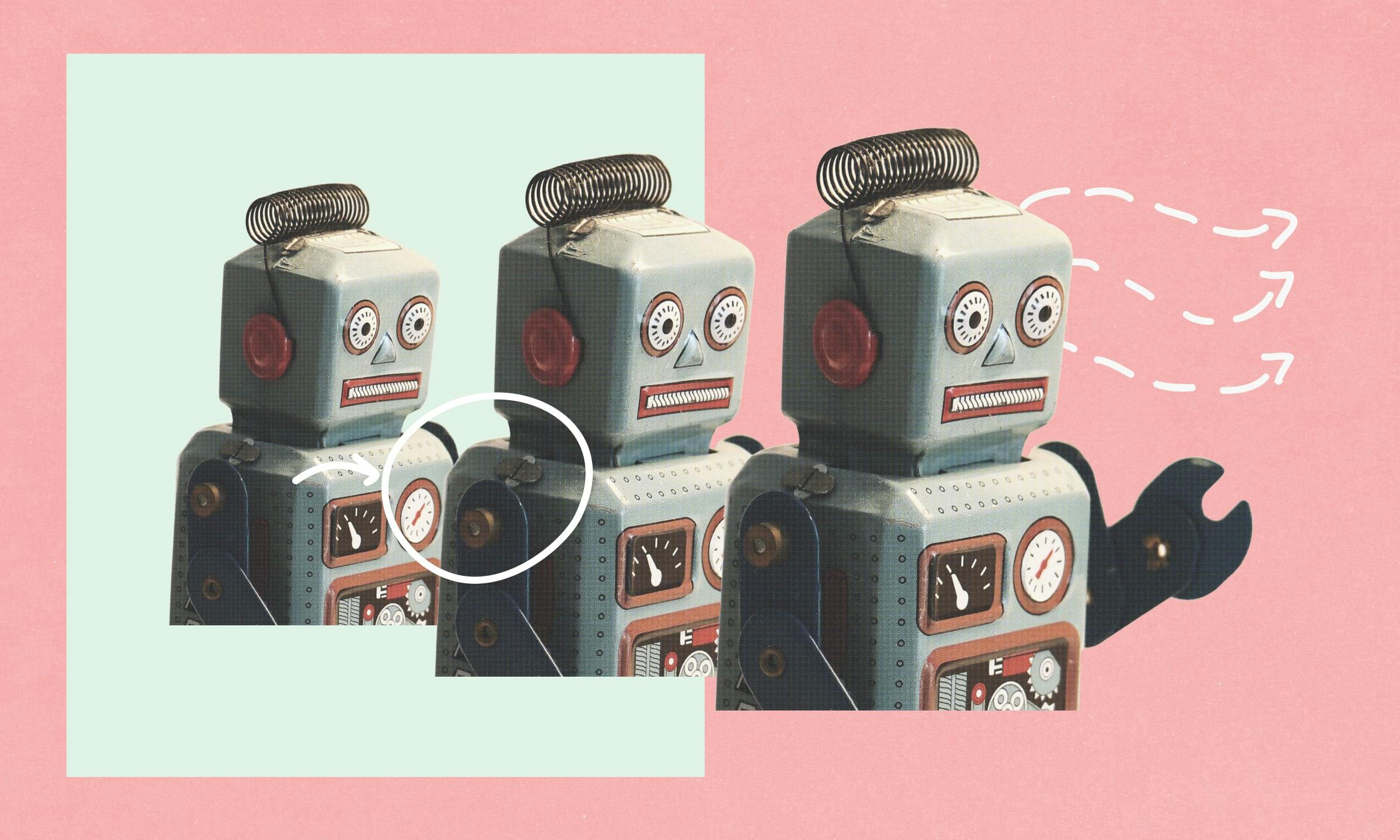Connecting Strategy to Loyalty

A few weeks ago, I introduced the IDEA Framework™ for strategy, which is an insights-driven process born from my experience working with organizations large and small over the last decade and a half.
Designed to help businesses arrive at strategies that deliver them to their desired future state, the IDEA Framework™ guides businesses through four distinct, iterative phases: Investigate, Define, Evaluate, and Adapt.
Each of these phases builds upon the one before it and ensures that the strategy you arrive at is logical, practical, de-risked, and optimized for your organization’s very specific wants and needs.
And while the reasons a business needs a new strategy will change—pivotal moments most certainly vary—one reason I see often is the desire to improve the customer experience.
So, with that goal in mind—we always start with the end goal so we know what we’re moving towards—let’s apply the IDEA Framework™ and see how it works.
Investigate: Uncovering the True Drivers of Loyalty
If you’ve spent any time at all with a marketer, then you know that customer loyalty begins by truly understanding your customers—not just their demographics, but their deep motivations, values, and expectations.
The Investigate phase of the IDEA Framework™ is designed to uncover exactly that, and centers around market research, stakeholder interviews, competitive analysis, and customer insights.
By rigorously exploring what motivates customer decisions and preferences, we can reveal the key drivers of loyalty that go beyond our superficial initial assumptions.
For example, investigating why customers return to a brand time and time again may reveal that consistent, personalized interactions matter more than occasional discounts.
This is the sort of insight we’re looking for here because it allows us to refute our assumptions and make decisions based on real data from real people.
Define: Clarifying Strategic Intent
Once customer motivations and loyalty drivers are thoroughly investigated, the Define phase transforms those insights into clearly articulated strategic decisions.
Defining means making precise choices about brand positioning, value propositions, and customer promises.
A clearly defined strategy ensures consistency across all customer touchpoints.
When your team knows exactly why customers choose your brand, every interaction—from marketing messages to customer service calls—aligns clearly and intentionally with what customers truly value, strengthening their emotional connection and trust.
Evaluate: Ensuring Feasibility and Impact
Next, strategies must be rigorously evaluated before they can be implemented.
The Evaluate phase ensures your strategic choices hold up under scrutiny by validating feasibility, resources, and real-world impact.
This rigorous stress-testing reduces risk and increases confidence that your strategy will genuinely create exceptional customer experiences.
By evaluating carefully, you ensure your strategy isn’t just good in theory; it’s designed explicitly to resonate in practice, fostering deeper customer engagement, satisfaction, and loyalty.
Adapt: Continual Improvement Drives Loyalty
The final phase of the IDEA Framework™, Adapt, acknowledges that markets, customer preferences, and competitive dynamics continually shift.
Successful brands are those that can quickly adapt, integrating real-time feedback and new insights to refine and improve their strategies continuously. Nothing is static in business, and your strategy is no exception.
This adaptability is essential to customer loyalty.
Customers remain loyal to brands that consistently meet and exceed evolving expectations.
The Adapt phase builds the mechanism for continually evolving your strategic approach, ensuring your customer experiences remain relevant, differentiated, and loyalty-building over the long term.
Strategy Isn’t Accidental
Great customer experiences—and lasting loyalty—never happen accidentally.
They’re intentionally designed.
And the best way to ensure consistency, relevance, and impact is to ground your experiences in clear strategic thinking.
The IDEA Framework™ provides a structured approach that transforms insightful strategy directly into exceptional, loyalty-building experiences, positioning your brand clearly for sustainable long-term success.


